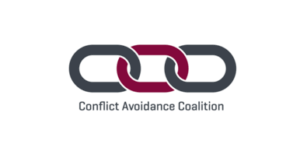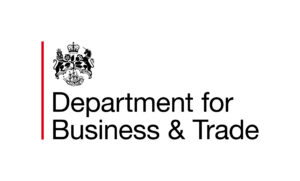CLC Supports the Conflict Avoidance Coalition
Construction disputes are both common and costly. HKA’s 2024 CRUX Report, which analysed over 2,000 major projects across 107 countries, with a total value of $2.254 trillion, found that the total amount of monies in dispute was $84.44 billion. The cumulative delay on all 2,000 projects was around 1,000 years.
People who are in charge of projects often face up to dealing with conflicts and disputes long after the causes have arisen, and positions have become entrenched. Contracting parties will often spend silly amounts of money on arbitration and litigation to the extent that their legal and professional costs at the end of the day routinely outweigh the amount that was initially in dispute.
The Conflict Avoidance Coalition aims to change the culture of the industry in the UK from one that delays action and then pursues disputes, to one which seeks to identify issues and prevent these from escalating into disputes. The Coalition is comprised of clients, firms in the supply chain, professional institutions, and includes the Institution of Civil Engineers, CIArb, ICES, DRBF, RIBA, and RICS, along with senior leaders from the Environment Agency and businesses such as Network Rail, Houses of Parliament Renewals and Restoration, Transport for London, Skanska and Balfour Beatty. Over the past few years, the Coalition has sought to promote the value of conflict avoidance and early intervention, and encourage the use of these measures in construction and engineering contracts.
One initiative initiated by the coalition has been the creation and promulgation of the Conflict Avoidance Pledge. Signing the Pledge signals a commitment to proactively avoid contractual disputes and use measures to deal with emerging conflicts at an early stage. To date, nearly 600 businesses and organisations have signed the Pledge, and many of them have demonstrated through their actions that they are keenly working to stop disputes from happening. The Pledge has been endorsed by the UK Government and Cabinet Office, and the Construction Playbook recommends that all government bodies that procure construction work sign up to this.
The Coalition has also prepared a Conflict Avoidance Toolkit. This provides information about measures which contracting parties can employ to avoid disputes arising and, when differences do arise, techniques to deal with issues early, quickly and cost effectively. The purpose of the toolkit is to educate people working across the industry, at every level, about the lifecycle of conflict avoidance and early intervention to prevent disputes. The objective is to help reduce the damage disputes cause to commercial and personal relationships, finances, project delivery and brand reputations.
The Construction Leadership Council endorses the work of the CAC, and recommends that clients and contractors should adopt the Pledge and other provisions in contracts that aim to avoid disputes, or to resolve these as quickly and cost-effectively as possible. The industry faces a huge challenge of delivering an ambitious investment programme of homes and infrastructure, whilst improving its productivity, sustainability and safety. This will require cultural change to create a more collaborative sector, and reducing disputes is essential to achieving that aim.






